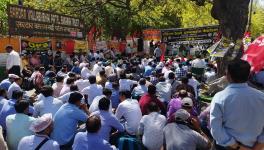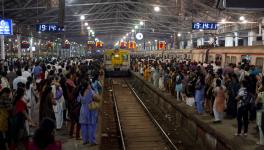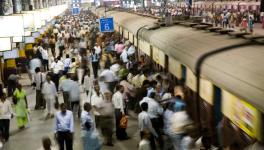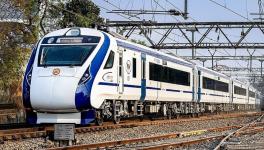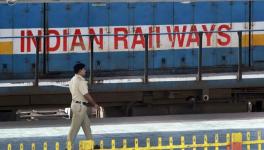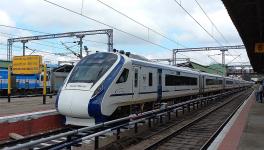CAG Questions Railways on Slow Paced Implementation of Accident Prevention Measures
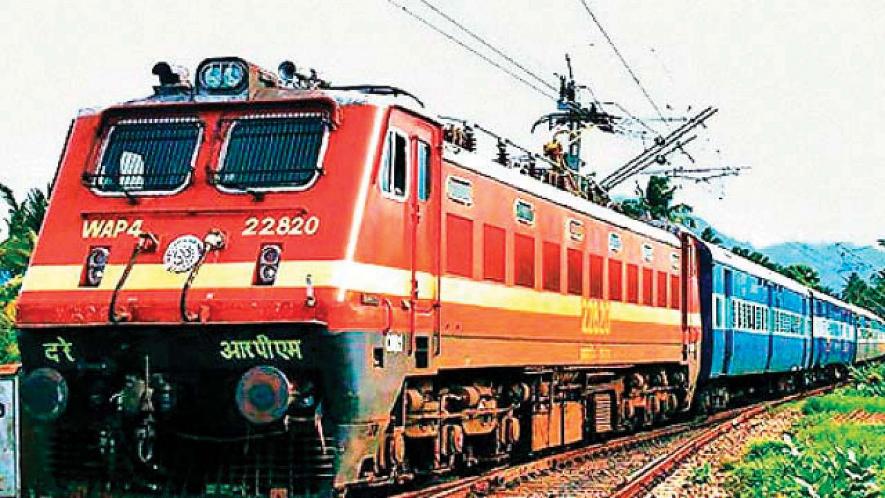
Image Courtesy: DNA India
Taking a dim view of the Indian Railways' ongoing safety measures, the Comptroller and Auditor General of India (CAG) has questioned the national transporter's seriousness in implementation of projects concerning accident prevention. In its latest report the CAG has pointed out the abysmally slow pace of installation of the Train Protection Warning System (TPWS), crucial for preventing accidents despite incurring heavy expenditure.
The federal auditor has observed that TPWS has been introduced in two sections on pilot basis to prevent accidents due to over speeding and passing signal at danger. However, 19 years since its conceptualisation and 12 years from issue of letter of acceptance in the original contract, TPWS (ETCS level I) in Delhi – Agra section continues to be in trial stage. There was expenditure of Rs. 136.53 crore incurred on Delhi - Agra and Chennai Central - Gummidipundi sections, which remained unfruitful, CAG noted.
The report, tabled on the last day of the monsoon session, also focused on the financial health of Railways for 2018-19 observing that the national transporter resorted to "window dressing" for presenting the working expenses and operating ratio in a better light. The operating ratio measures expenses as a proportion of revenue or the amount spent on every rupee earned. A higher ratio indicates poor ability to generate surplus.
CAG said that against the target of 92.8% in the Budget estimates, the operating ratio of Railways was 97.29% in 2018-19, which means Railways spent Rs 97.29 to earn Rs 100. However, if advance freight of Rs 8,351 crore from NTPC and CONCOR was not included in the earnings of 2018-19, operating ratio would have been 101.77% instead of 97.29%, the report said.
During 2018-19, the railways generated total internal earnings of Rs 1,90,507 crore against the targeted internal earnings of Rs 2,01,090 crore, it added. In December last year, the auditor had said the Railways had the worst operating ratio in the last ten years at 98.44% and its revenue surplus had decreased by more than 66% from Rs 4,913 crore in 2016-17 to Rs 1,665.61 crore in 2017-18.
Also read: NITI Aayog Questions Railways Safety Data on Zero Deaths
The national auditor also raised concerns over delays in projects over the past five years due to inefficiency of zones and weak monitoring by the railway board. Raising serious concerns over delays in projects, CAG observed that, "Scrutiny of records relating to 395 projects funded from EBR revealed that 268 projects were still in progress as on March 31, 2019. This had resulted in a blockade of Rs 48,536 crore EBR funds besides defeating the intended objective of generation of revenue for debt servicing. Review of identification and sanction of projects for EBR funding revealed that financially unviable projects were sanctioned."
“Projects were to be completed during 2015-20. However, due to inefficiency of Zonal Railways and weak monitoring at the Railway Board level, the progress of projects was slow," CAG further added.
On EBR utilisation the audit said, “Ministry of Railways resorted to Extra Budgetary Resources for project financing from 2015-16 onwards. Financial assistance of Rs 1.50 lakh crore was agreed to by Life Insurance Corporation (LIC) over a period of five years (2015-20).”
However, the financing arrangement with LIC had materialised partially due to regulatory constraints. During 2015-19, only Rs 16,200 crore could be raised from LIC. Railways recouped the shortfall of Rs 49,164 crore by raising funds through short-term/medium term market borrowings which carry a higher rate of interest, the report added, highlighting that there were instances of irregular utilisation to the tune of Rs 1,495 crore from EBR funds.
Also read: COVID-19: New Rail Projects Barring Safety Work to Be Held in Abeyance
Get the latest reports & analysis with people's perspective on Protests, movements & deep analytical videos, discussions of the current affairs in your Telegram app. Subscribe to NewsClick's Telegram channel & get Real-Time updates on stories, as they get published on our website.









